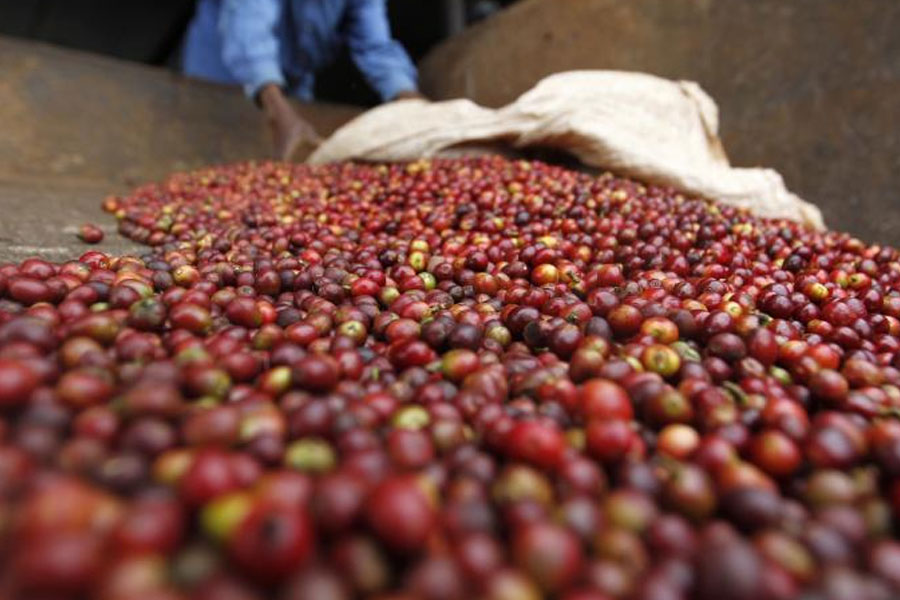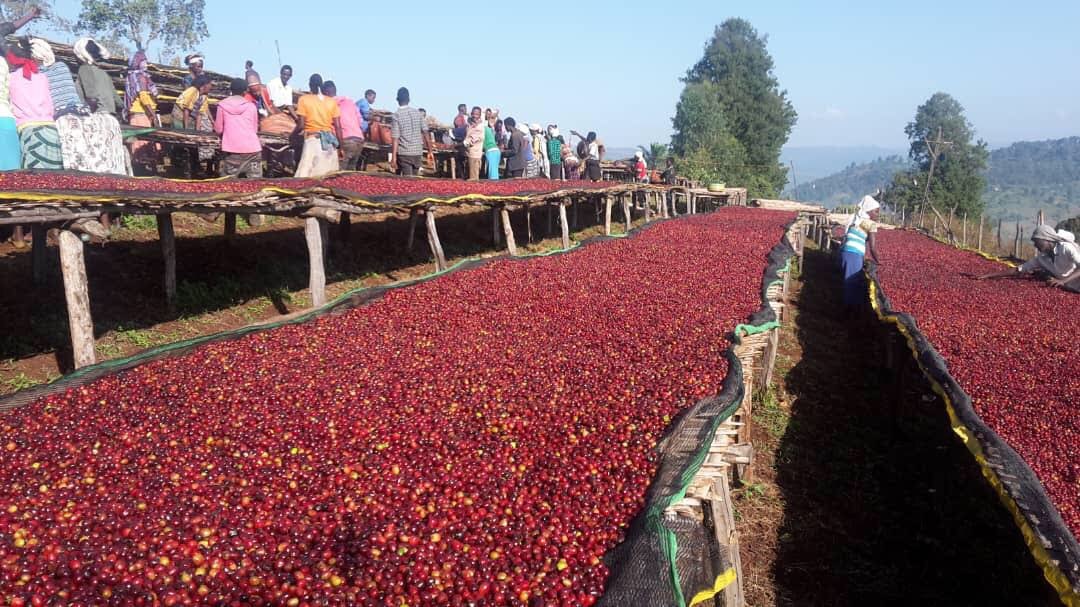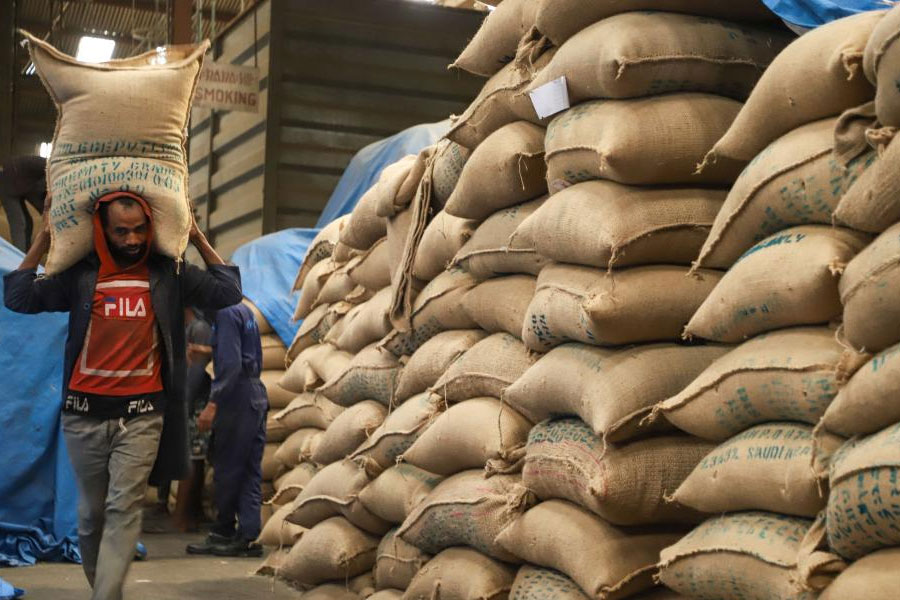
Fortune News | Mar 09,2024
The last fiscal year was not a bad year for coffee. Registering a 12pc growth in earnings to fetch the country 854.2 million dollars, it managed to be one of the few markets that have survived the economic consequences of the Novel Coronavirus (COVID-19) pandemic.
But, output in terms of volume showed an even greater growth at 17pc. It is an imbalance that echoes the pessimism of industry insiders that are questioning the durability of this growth and the extent to which it is reflective of how Ethiopia’s main export commodity - which supports 5.6 million farmers - is faring.
Their apprehension has in part to do with a directive by the Ethiopian Coffee & Tea Authority that imposes a minimum export price weighed against global average prices for each of the different grades of coffee exported.
Having been issued late last February, industry insiders argue that this directive will affect competitiveness in the international market, but that “the impact of the directive will only be seen in the next few months.” A general manager of a coffee exporting of company believes this would be decidedly negative.
Burdened with this challenge, export volume declined in May and June by nine percent and 15pc, respectively, echoing the hardships felt by the country’s economy as the global economic slowdown takes its toll.
Another impact on the coffee market was a result of the COVID-19 pandemic. It has created delays in logistics and has not helped the erratic nature of the average global price. In the case of the latter, prices were seeing an acute rise beginning in October of last year, before they began to fall sharply in January 2020.
You can read the full story here
PUBLISHED ON
Jul 18,2020 [ VOL
21 , NO
1055]

Fortune News | Mar 09,2024

Fortune News | Sep 10,2021

Sponsored Contents | Apr 04,2022

Radar | Jul 27,2019

Radar |

Radar | May 15,2021

Radar | Oct 05,2024

Radar | Aug 29,2020

Fortune News | Dec 15,2024

Fortune News | Nov 05,2022

Dec 22 , 2024 . By TIZITA SHEWAFERAW
Charged with transforming colossal state-owned enterprises into modern and competitiv...

Aug 18 , 2024 . By AKSAH ITALO
Although predictable Yonas Zerihun's job in the ride-hailing service is not immune to...

Jul 28 , 2024 . By TIZITA SHEWAFERAW
Unhabitual, perhaps too many, Samuel Gebreyohannes, 38, used to occasionally enjoy a couple of beers at breakfast. However, he recently swit...

Jul 13 , 2024 . By AKSAH ITALO
Investors who rely on tractors, trucks, and field vehicles for commuting, transporting commodities, and f...

Oct 18 , 2025
The political establishment, notably the ruling party and its top brass, has become p...

Oct 11 , 2025
Ladislas Farago, a roving Associated Press (AP) correspondent, arrived in Ethiopia in...

Oct 4 , 2025
Eyob Tekalegn (PhD) had been in the Governor's chair for only weeks when, on Septembe...

Sep 27 , 2025
Four years into an experiment with “shock therapy” in education, the national moo...